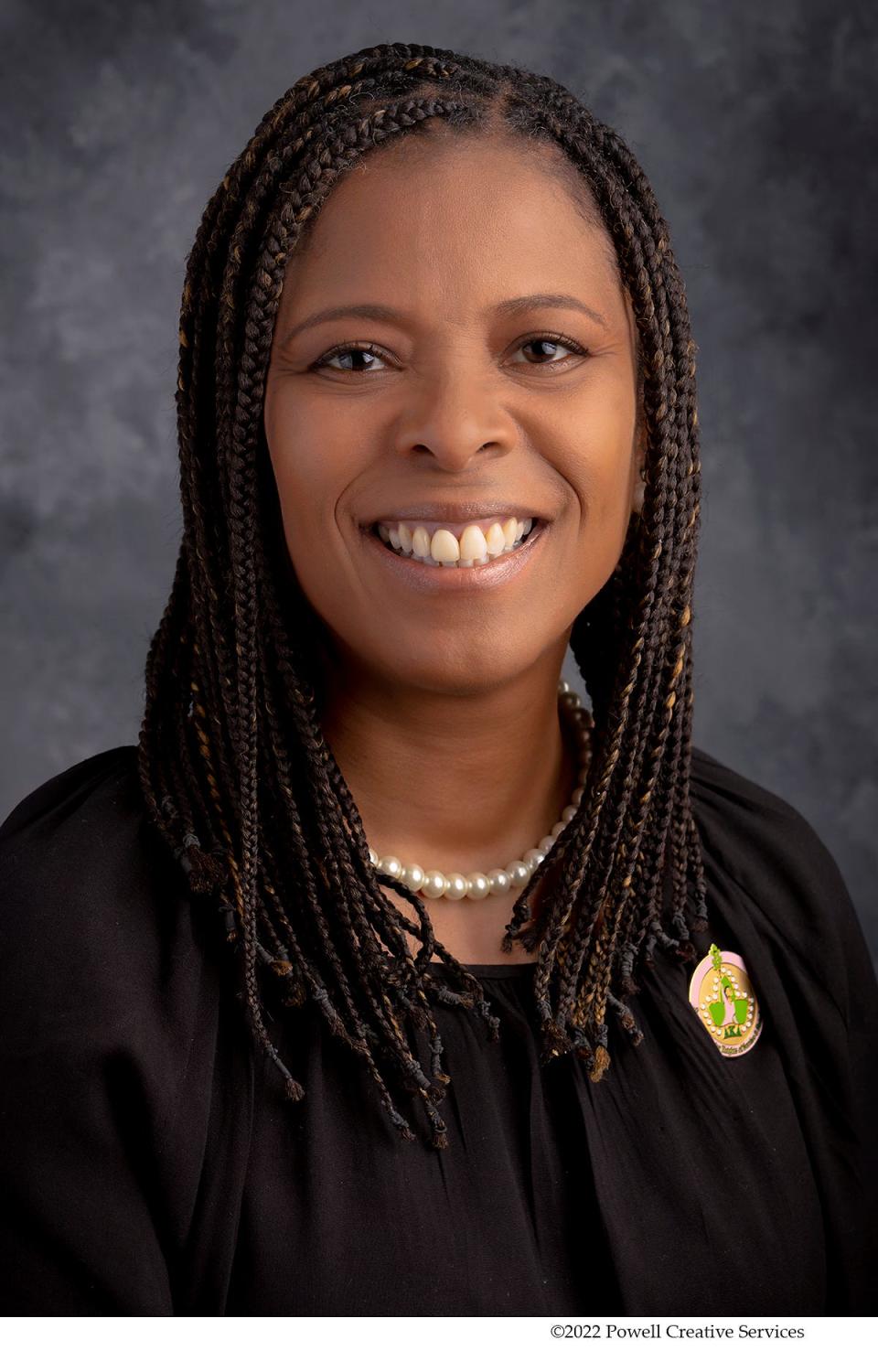Katina Beard, Matthew Walker Comprehensive Health Center CEO, bridges health inequities
Katina Beard worked her way over 27 years from doing administrative work at the Matthew Walker Comprehensive Health Center to becoming its CEO.
The center has served uninsured, underinsured and low-income people in Nashville for 55 years.
The Matthew Walker Clinic serves 17,000 patients annually.
On this episode of the Tennessee Voices video podcast, Beard talked about her passion for bridging health care gaps.

"Just because you have an insurance card doesn't mean you have access," she said.
Beard, who grew up in Chicago, said she would have been a patient of the center had she been raised in Nashville.
Tennessee is one of the 10 remaining of 50 states that has not expanded Medicaid to cover working-class patients.
The Walker center serves people with both primary care and dental care services regardless of their ability to pay.
The founder, Dr. Matthew Walker understood the factors that caused health inequities in society, Beard said.
About Tennessee Voices
The Tennessee Voices videocast is a 20-minute program, which started in March 2020 and invites leaders, thinkers and innovators who have written guest columns for a USA TODAY Network Tennessee publication to share their insights and wisdom with me and our viewers.
Watch past episodes: Tennessee Voices videocast
Please email your ideas for future guests to me at [email protected]. Thank you for watching.
Finally, our journalists are working hard to bring you accurate, verified and solid information. Please consider subscribing and supporting local journalism.
David Plazas is the director of opinion and engagement for the USA TODAY Network Tennessee. He is an editorial board member of The Tennessean. He hosts the Tennessee Voices videocast and curates the Tennessee Voices and Latino Tennessee Voices newsletters. Call him at (615) 259-8063 or email him at [email protected].
This article originally appeared on Nashville Tennessean: Tennessee Voices: Katina Beard seeks to bridge health inequities
